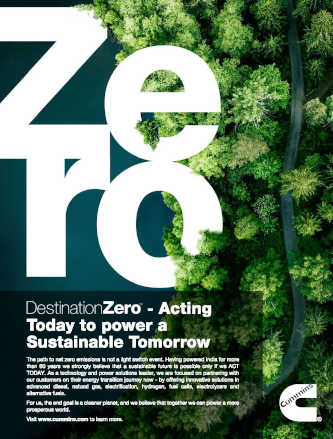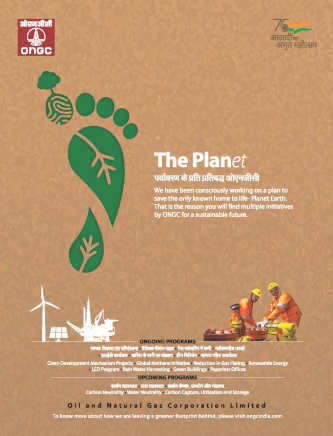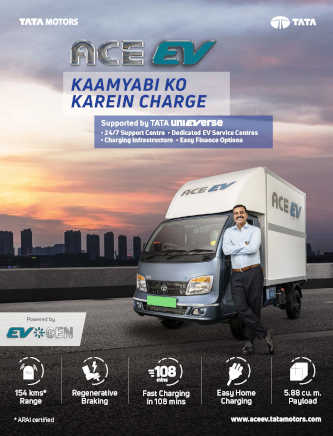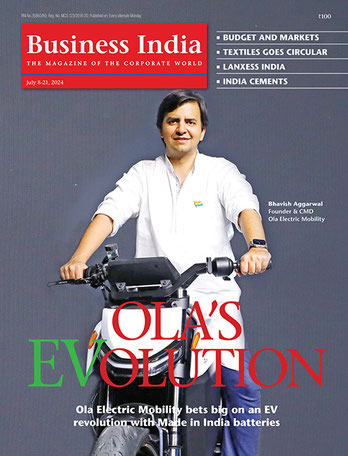Ola, a ride-hailing startup, created a sales record not just in automotive history but in India’s e-commerce when its unit Ola Electric sold its first range of electric scooters worth Rs1,100 crore in two days, according to a top official of the company. On Friday, Bhavish Aggarwal, Chief Executive Officer, Ola wrote in a blogpost: “This is unprecedented not just in the automotive industry but it is one of the highest sales in a day for a single product in Indian e-commerce history! We truly are living in a digital India.” On Thursday, Aggarwal said Ola had run up sales of Rs600 crore in the first 24 hours, claiming the figure surpassed what the entire two-wheeler industry sells in a day. “It also established that with the right product, India has huge pent up demand and a massive domestic market for two-wheeler EVs (electric vehicles). We must leverage this to drive innovation, a robust local EV ecosystem and make India not only a big EV market, but also a global EV manufacturing hub," Aggarwal said. Ola now plans to reopen the sales window on 1 November in time for Diwali. Consumers can book their reservation slots on the Ola Electric website for Rs499. Those who have already reserved a slot but did not purchase a scooter in the window that closed on Thursday will also be able to buy the product on 1 November, the company said. Last month Ola launched its first electric scooter S1 at a price of Rs99,999 for the entry-level model and Rs1,29,999 for the more powerful and long-range S1 Pro. The launch coincided with a new Rs26,000 crore production linked incentive (PLI) scheme for the auto and auto components industry announced by the government. Aggarwal, who had tweeted praising the scheme, felt it would help India become a global EV hub. Ola Future Factory Aggarwal also announced that Ola Future Factory would be run entirely by women, 10,000 of whom will be employed when the plant reaches full production capacity, making it the world’s largest women-only factory and the only all-women automotive manufacturing facility across the world. Ola Electric is setting up a 500-acre factory in Tamil Nadu’s Krishnagiri with the aim of making 10 million vehicles a year at full capacity, making it the world's largest two-wheeler factory. In July, it had secured $100 million in long-term debt from the Bank of Baroda to close the first phase of development of its factory. The firm intends to make the scooters available in 1,000 cities simultaneously, unlike its rivals who have taken a phase-by-phase approach by launching e-scooters in dominant markets of Tier I cities. Ola Electric, which was spun out of the ride-hailing major Ola, is valued at over $1 billion, with backing from investors such as Matrix Partners, Tiger Global Management and SoftBank, among others.
-
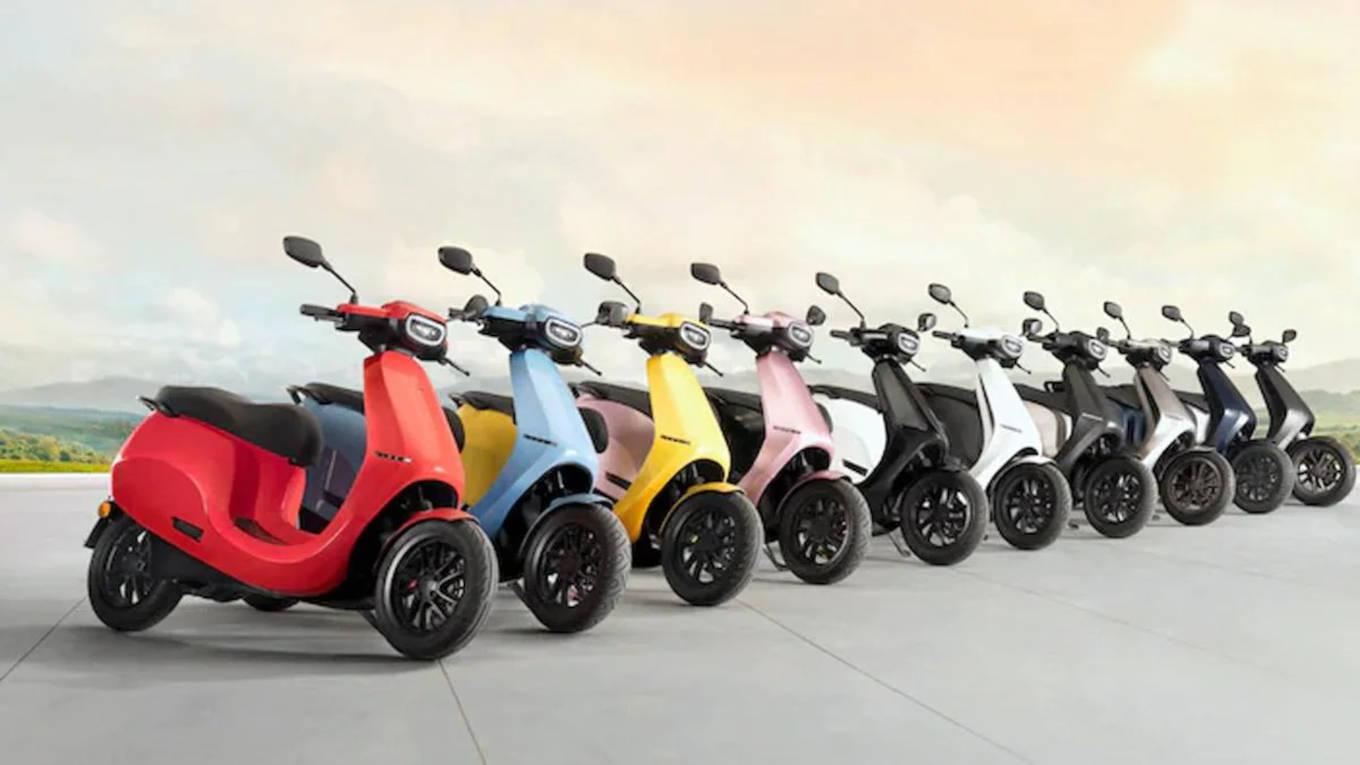
Ola had run up sales of Rs600 crore in the first 24 hours, the figure surpassed what the entire two-wheeler industry sells in a day


